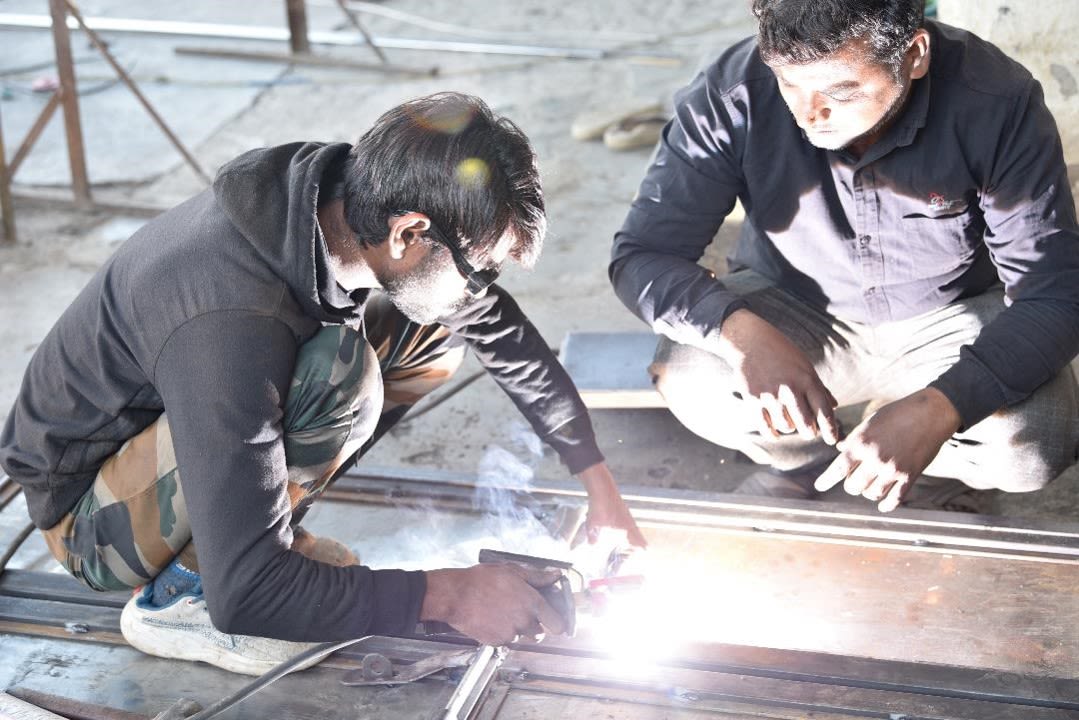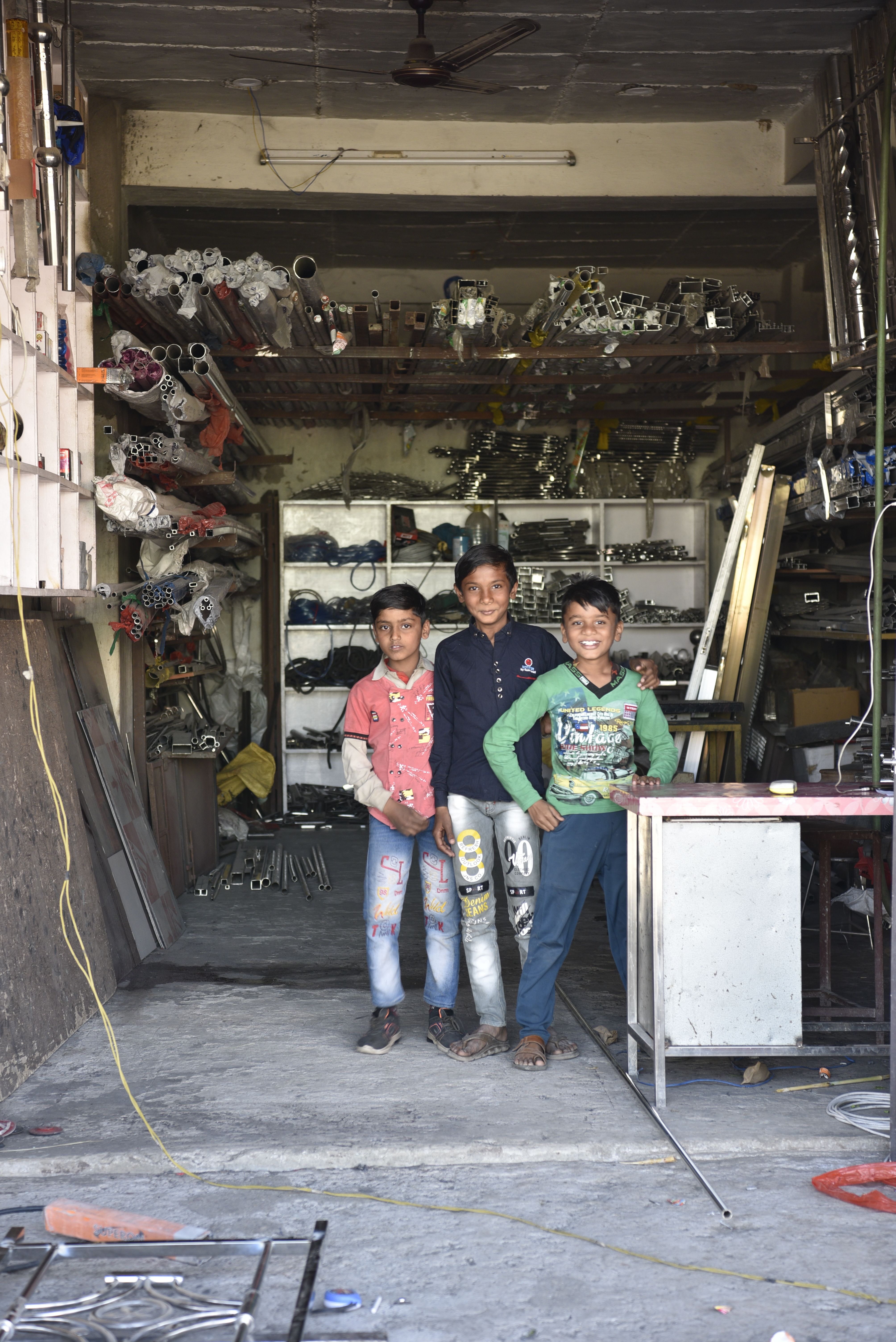Welding Dreams
How credit is fuelling aspirations of nano entrepreneurs in India
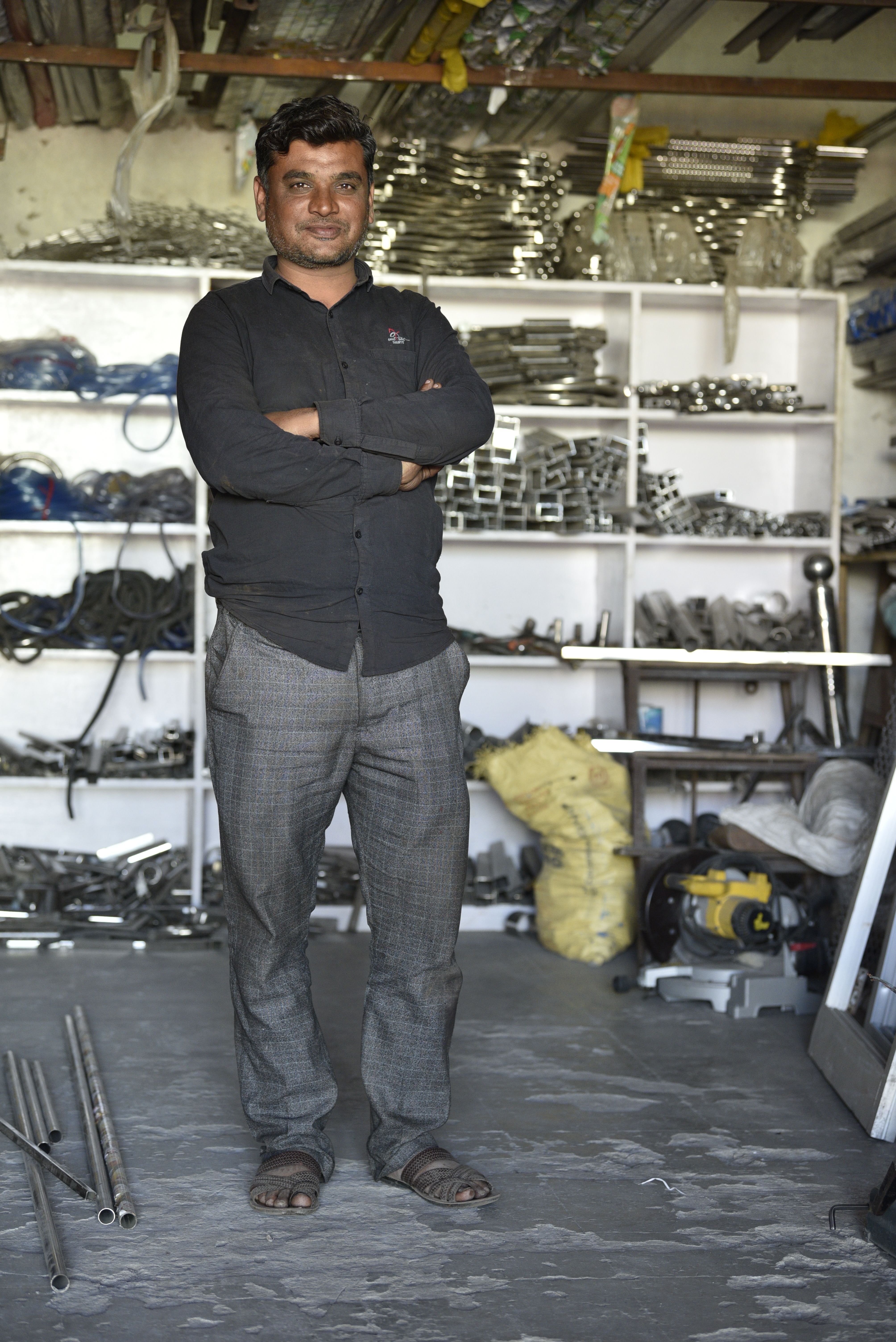
37-year-old Vasim Anavar Beg is the proud owner of a metal fabrication business in Bandanwara - on the outskirts of Ajmer, Rajasthan.
Engaged in the metal trade for the past two decades, Vasim is a seasoned businessman, well-versed in the industry.
While machines do most of the work, moulding metals is a highly skilled undertaking.
Vasim takes a keen interest in handholding his workers as they learn the ropes of weaving precise, intricate patterns.
The four workers currently employed at his workshop earn Rs. 5,000-8,000 per month.
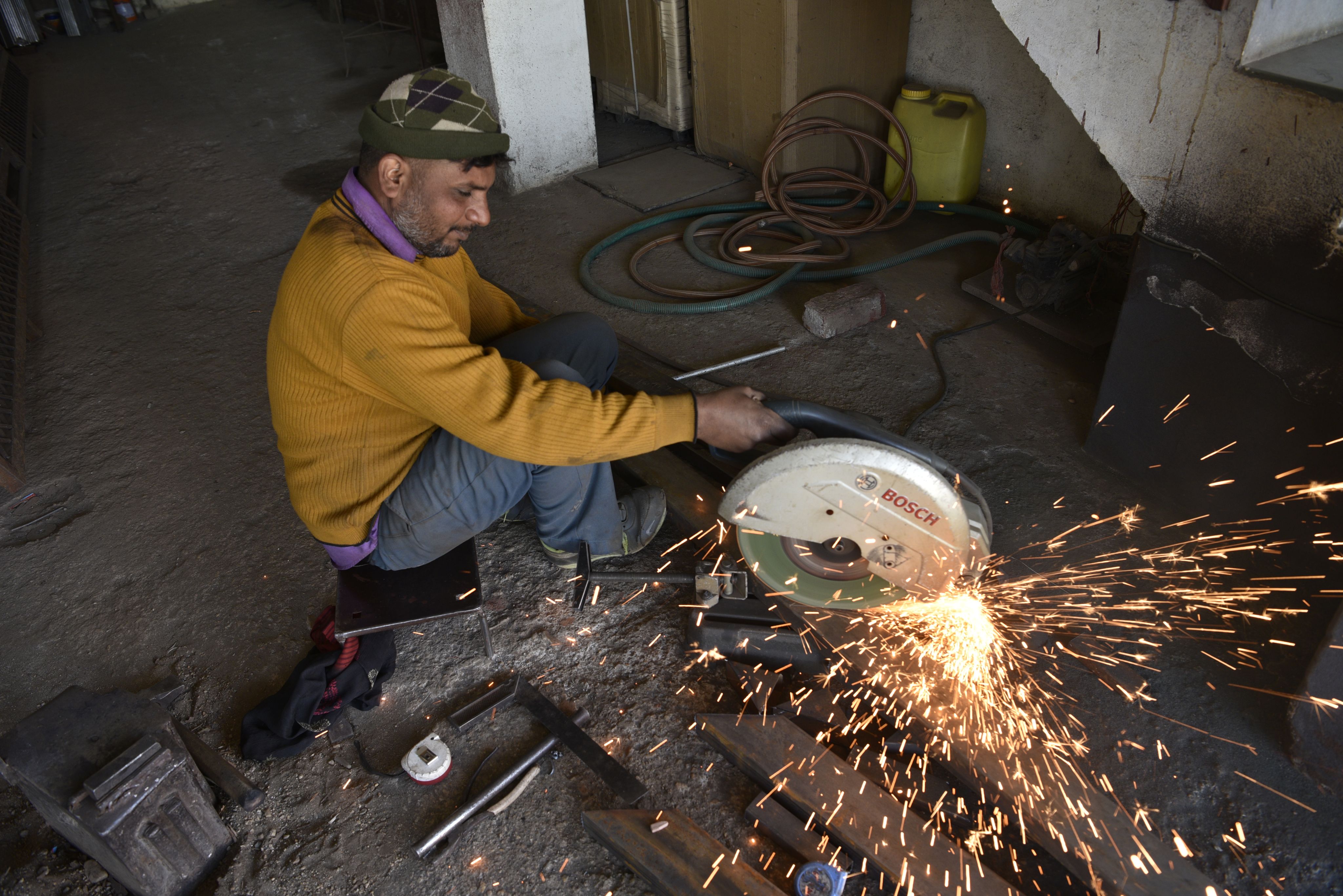

As the COVID pandemic hit, a slowdown in payments from customers and suppliers affected the small business' cash flow. Vasim borrowed a working capital loan from an NBFC - he submitted documents such as electricity bills and his record books as proof of the business's income and expenses.
Welding work underway at the workshop.
Welding work underway at the workshop.
When we met Vasim in February 2022, the economy was slowly opening up after two challenging years.
Hopeful of an uptick in orders, the astute businessman is planning to invest in a new machine that will also improve the quality of products crafted in his workshop.
The machine will cost INR 7-8 lakhs, and he will need to borrow to fund the purchase.
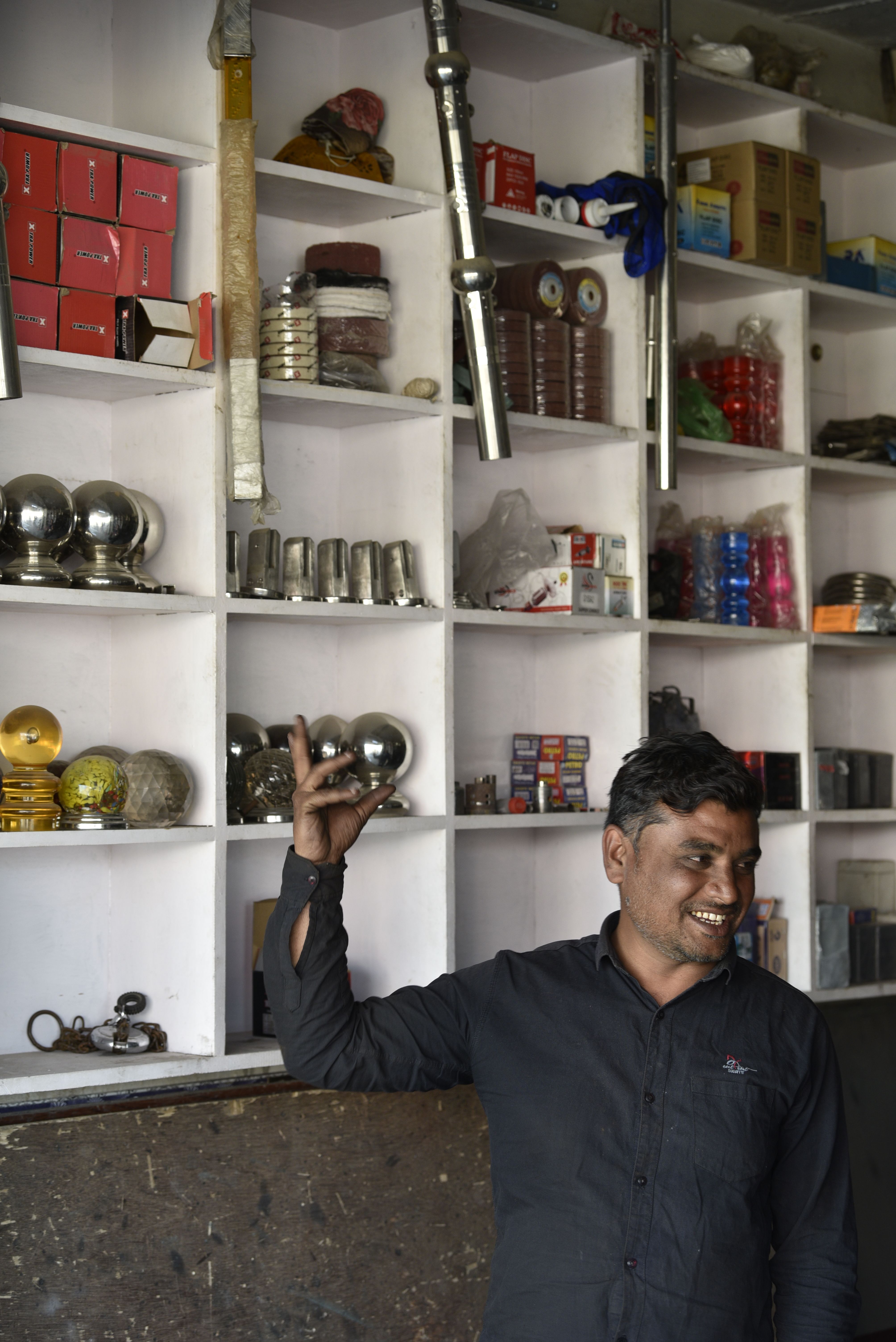

Unlocking Value for Nano Enterprises
India is home to 11 million such nano-enterprises with an annual turnover between INR 10 lakhs and 1 crore ($12,000 and $121,000 USD). These enterprises are part of the Micro, Small and Medium Enterprises (MSME) segment. While many small businesses may have a microfinance credit history or a high degree of formalisation, nano-enterprises are currently invisible from this space.
How can access to timely, affordable formal credit help nano entrepreneurs such as Vasim expand their business?
With support from the Michael & Susan Dell Foundation, LEAD is conducting a longitudinal study to assess the impact of the Foundation’s investments in financial institutions (NBFCs, fintechs) that serve this segment.
Through the course of the project, we will study how access to formal credit products influences business outcomes and household well-being.
Findings from the baseline survey suggest that nano enterprises are a distinct and important segment with the potential to drive economic growth. The survey consolidates insights from 2,250 borrowers spread across 169 districts (including metro, urban and semi-urban areas) in seven large states of India (in north and south).
Read the baseline report for further insights. Results from the endline assessment are forthcoming.
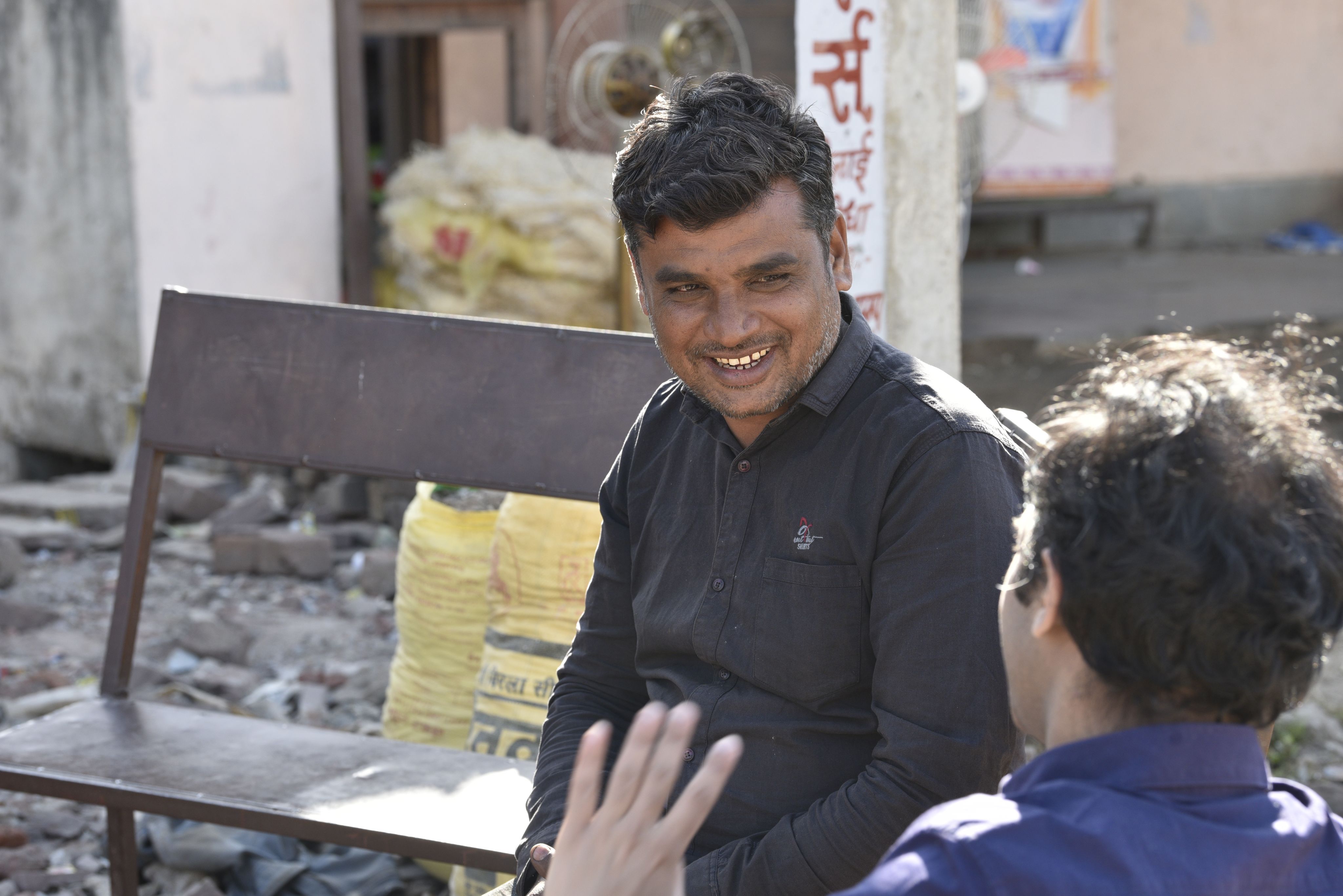
Story and text by Diksha Singh, with inputs from Abhishek Gupta. The authors would like to thank Pramod Tiwari, Christopher Glan, Arul Raj, and Kothandam D for supporting the fieldwork for the project.
Special thanks to the nano entrepreneurs for their time, patience, and contributions to this story.

